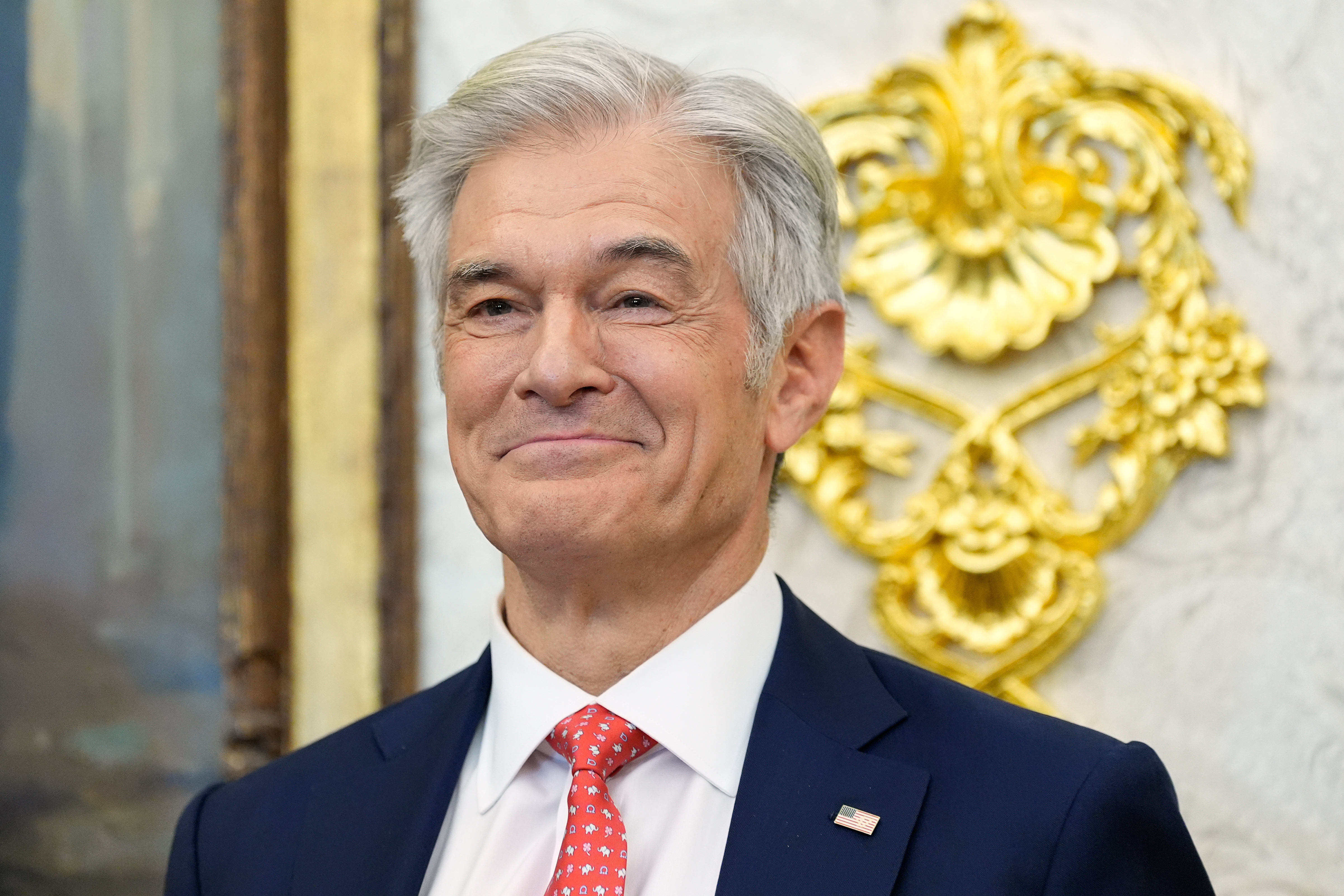With the Indian election in its final days, Narendra Modi seems the clear favorite in exit polls to take the title of prime minister. (Via Flickr / Narendra Modi)
Modi is 63 and a longtime political figure in India with a humble background. He made a living selling tea as a young man. (Via Flickr / Narendra Modi)
And he's kept his campaign's message mostly focused on economics — promising smaller government and more growth. But Modi and his party, the BJP, are undoubtedly deeply socially conservative and Hindu nationalist. (Via Al Jazeera)
Now, most of India does practice Hinduism: about 80 percent. But 13 percent is Islamic. It actually has the second highest Muslim population of any country in the world. And religious tension — even violence along religious lines — is an issue in India.
The 2002 Gujarat religious riots killed at least 1,000 Muslims and 250 Hindus. Modi was the chief minister of the state at the time.
And although he was cleared of wrongdoing, he's been repeatedly blamed for inciting the riots and letting the anti-Muslim violence go ahead. (Via BBC)
But Modi and his opposition party are widely popular in this election. That's no doubt due in part to a stagnant economy in India. He's won over not just many Hindus but also India's business community.
The ruling National Congress party and its leader, Rahul Gandhi of India's best-known political family, have suffered plummeting approval ratings but still hope to form a coalition government with their allies.
Though, for now, exit polls suggest a strong win for Modi and the BJP. India's election is the largest democratic exercise on Earth, with 800 million registered voters. The final vote tally isn't expected until Friday.











